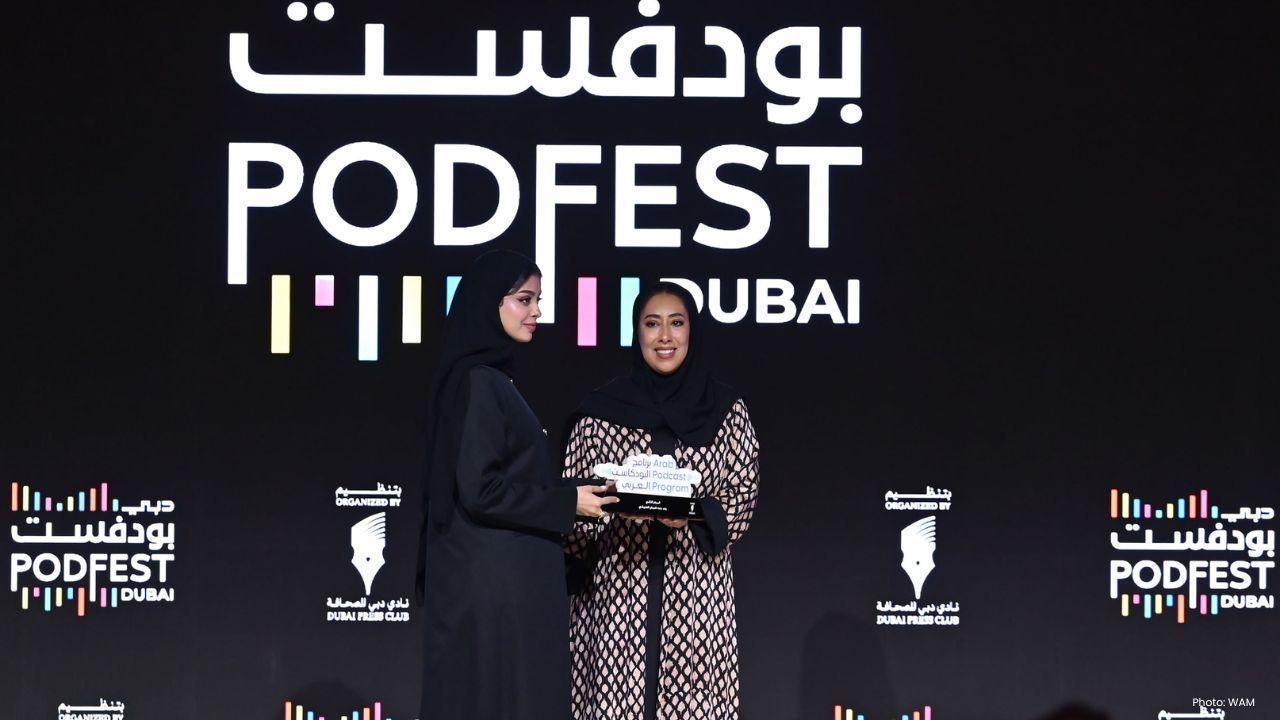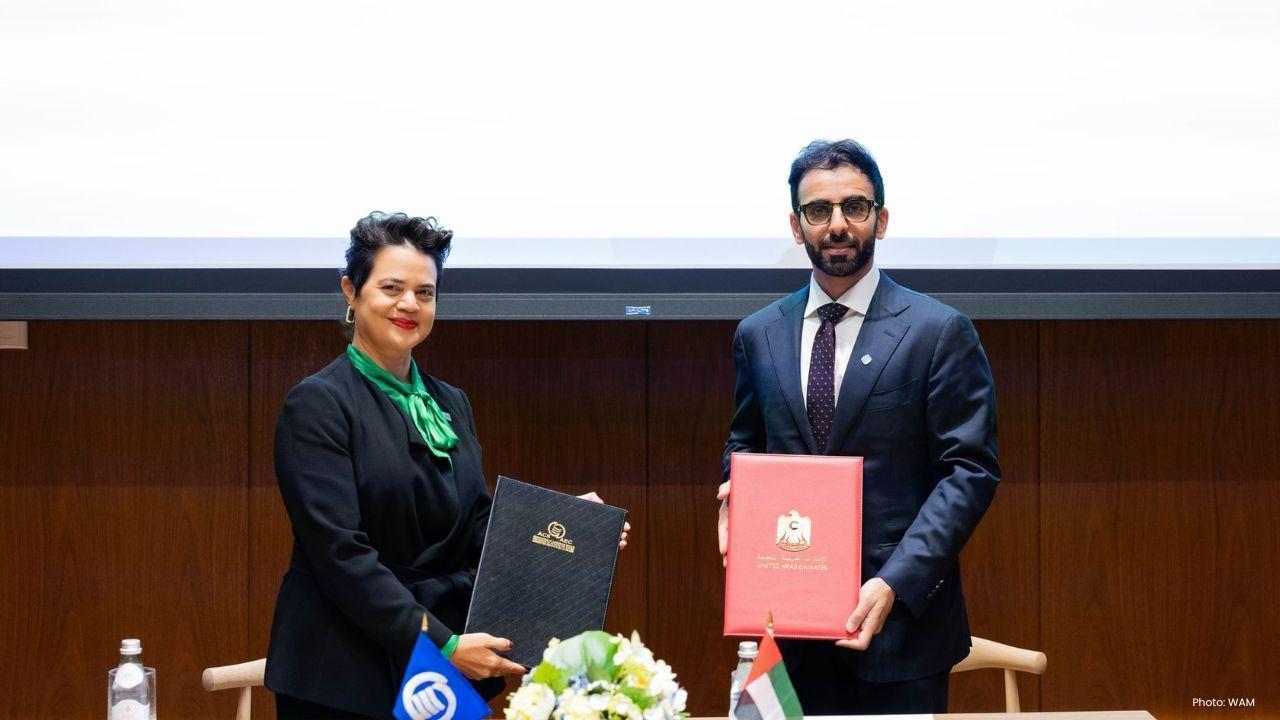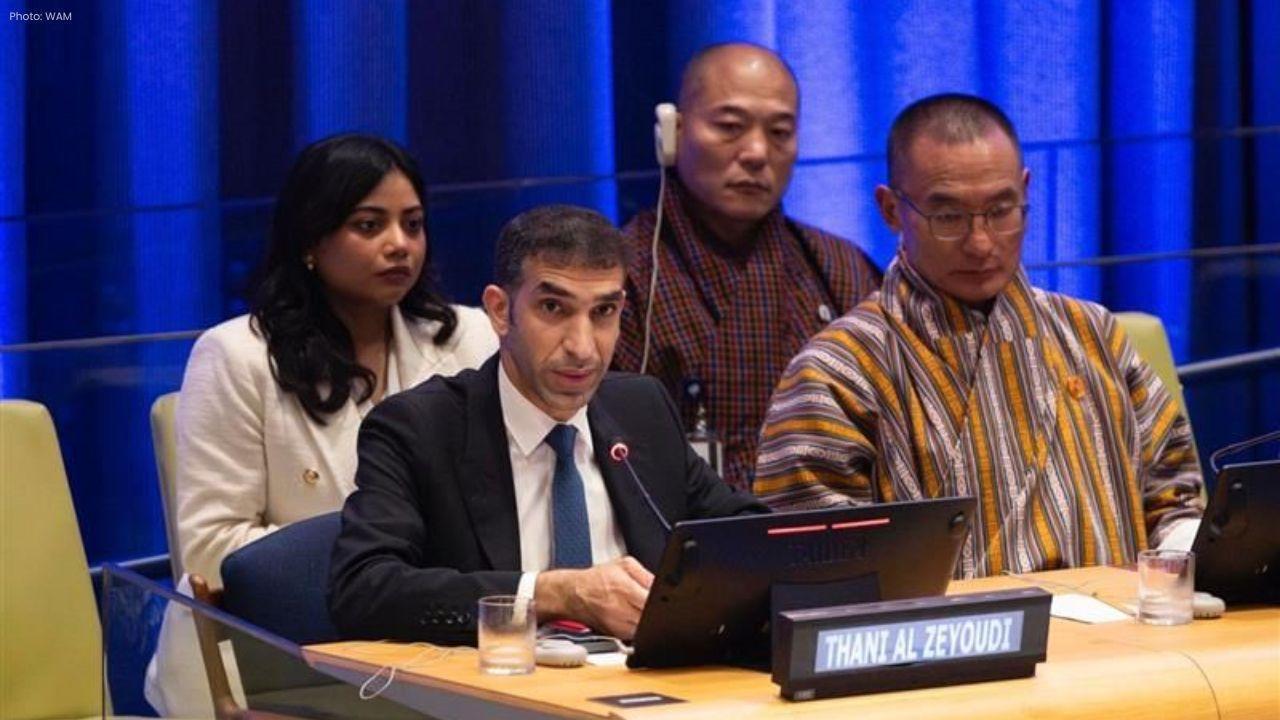
Post by : Abhinav Rana
For more than 250 years, Bayes’ Rule has stood as one of the cornerstones of probability theory and modern statistics. It offers a way to update beliefs when new evidence emerges, a principle that underpins everything from weather forecasting to artificial intelligence. Now, a groundbreaking international collaboration has extended this centuries-old concept into the quantum realm, marking a turning point in how scientists approach uncertainty and evidence in quantum physics.
The research team, led by Professor Valerio Scarani from the Centre for Quantum Technologies at the National University of Singapore, Assistant Professor Ge Bai from the Hong Kong University of Science and Technology, and Professor Francesco Buscemi from Nagoya University, has successfully derived a quantum version of Bayes’ Rule. Unlike previous proposals that suggested possible mappings, this version has been built directly from a fundamental principle, ensuring its robustness and universal application.
At the heart of their work lies the principle of minimum change, the idea that when new data is introduced, one should alter existing beliefs as little as possible to remain consistent with the evidence. While this concept is intuitive in classical probability, translating it into quantum physics required a shift in perspective. Instead of updating probabilities, the team worked with quantum states, measuring “closeness” through a property called quantum fidelity.
In developing the new rule, the researchers discovered fascinating links with earlier work. Under certain conditions, their quantum Bayes’ Rule coincides with the Petz recovery map, a mathematical formulation introduced in the 1980s. Long considered a candidate for quantum updating, the Petz map now gains new significance, grounded in first principles rather than speculation. This alignment provides both theoretical validation and practical utility for future applications.
The implications of this work stretch far beyond pure theory. In quantum computing, accurate state updates are critical for processing information, correcting errors, and ensuring stable performance. The new quantum Bayes’ Rule offers a rigorous and principled method for updating quantum information, potentially enhancing quantum error correction, machine learning models, and even quantum artificial intelligence.
Published in Physical Review Letters under the title “Quantum Bayes’ Rule and Petz Transpose Map from the Minimum Change Principle” (August 28, 2025), the study not only enriches the mathematical foundation of quantum mechanics but also provides a bridge between classical reasoning and quantum uncertainty. As researchers worldwide explore practical uses, the rule could redefine the way evidence and uncertainty are handled across multiple scientific and technological fields.
Bayes’ Rule has guided human understanding of uncertainty for centuries, but this latest quantum evolution shows how timeless principles can find new life in the most advanced scientific domains. By blending classical logic with quantum reality, the new framework underscores humanity’s ongoing quest to decode the universe’s deepest mysteries. In doing so, it sets the stage for a future where quantum machines not only compute but also learn, adapt, and reason with the elegance of Bayesian thought.
#trending #latest, #Quantum Bayes’ Rule, #Quantum computing, #Valerio Scarani, #Petz recovery map, #quantum physics research, #quantum error correction, #Physical Review Letters










OpenAI's Revenue Soars to $4.3 Billion in First Half of 2025
OpenAI's revenue reaches $4.3 billion in the first half of 2025, marking a 16% increase from the pre

UAE Leaders Send Condolences to Saudi King Over Princess Abta's Death
UAE rulers and crown princes sent heartfelt messages to King Salman, mourning the passing of Princes

Brazil's Surplus Clean Energy Attracts Crypto Miners
Brazil's excess renewable energy is luring cryptocurrency miners. Companies like Tether and Renova E

Visa Tests Stablecoins to Make Global Payments Faster
Visa is testing stablecoins for international payments, aiming to speed up transactions and reduce t

Opera Unveils Neon AI Browser for Smarter Web Browsing
Opera introduces Neon, an AI-powered browser that automates tasks and enhances privacy, aiming to re

Albanese Visits Sheikh Zayed Grand Mosque in Abu Dhabi
Australian PM Albanese tours Sheikh Zayed Grand Mosque, highlighting peace, tolerance, and cultural